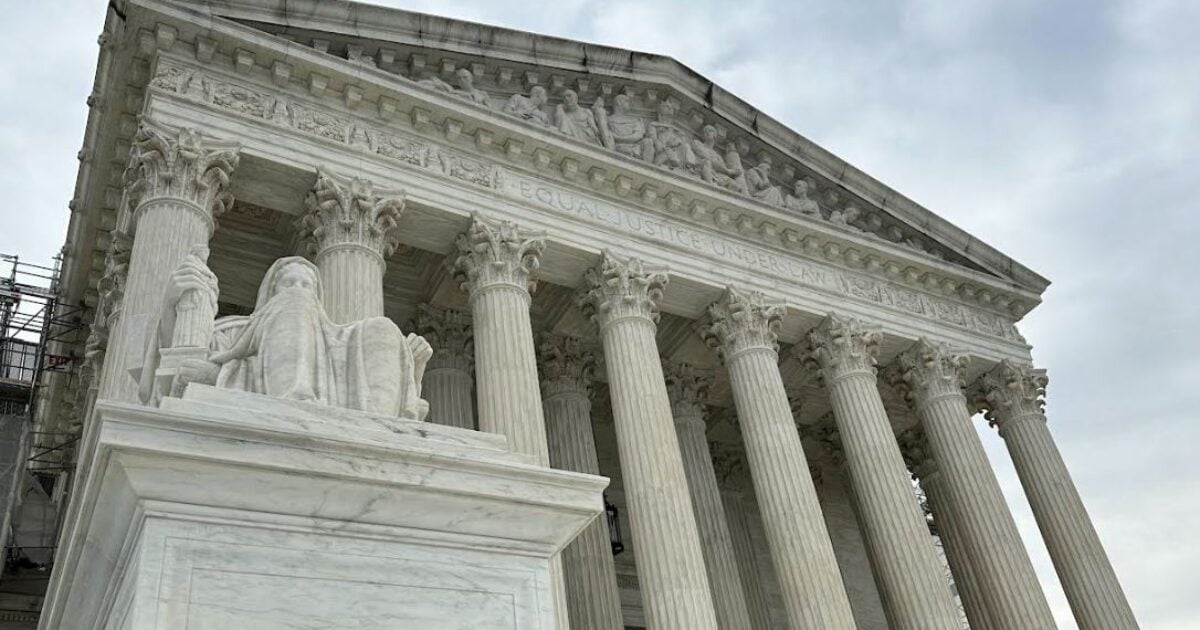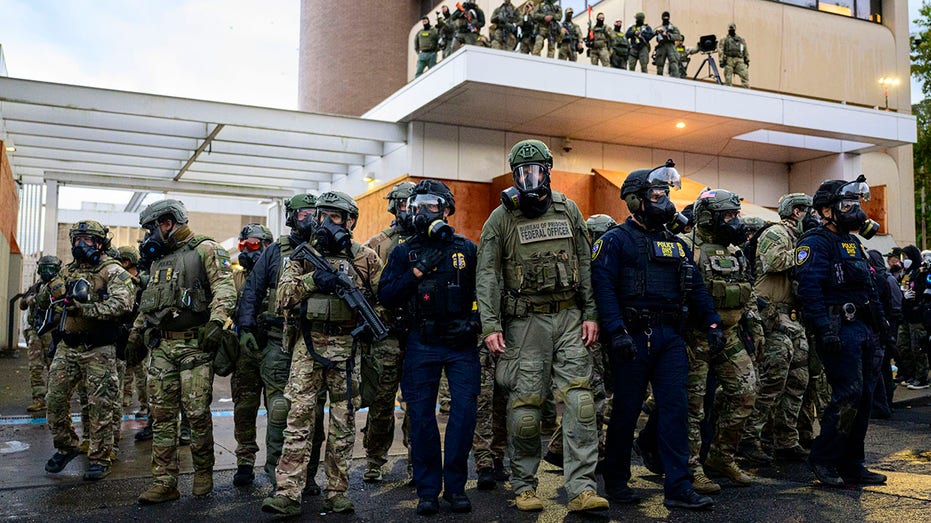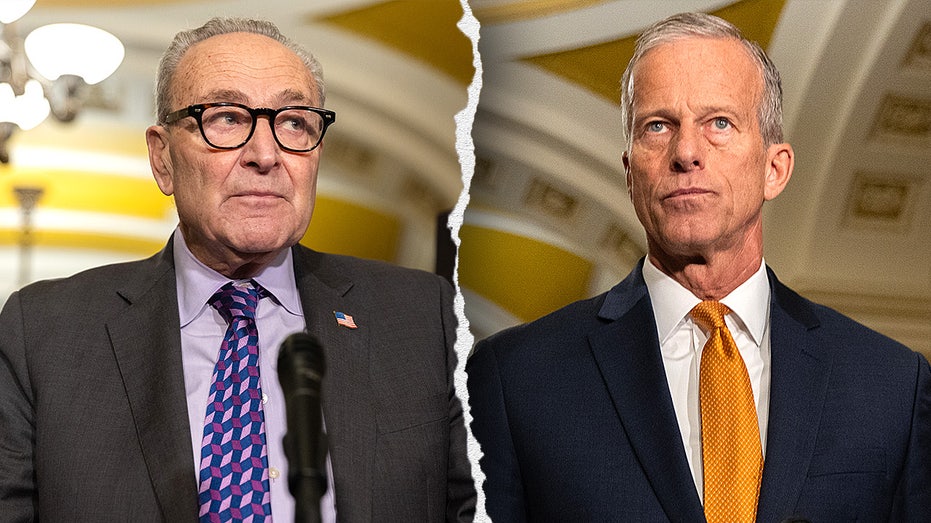The stalemate in Washington deepened Friday, as the government shutdown stretched into its 35th day – officially the longest in American history. A record previously held by this same administration, just four years prior, now lies shattered. The nation watched as essential services faltered and the impact on hundreds of thousands of federal workers grew increasingly severe.
At the heart of the crisis lies a procedural rule known as the filibuster. This rule demands 60 votes in the Senate to advance most legislation, effectively granting the minority party significant power to obstruct. Despite controlling both the White House and the Senate, the President found his agenda – and the reopening of the government – blocked by this requirement.
The President, frustrated by the impasse, once again publicly urged Senate Republicans to dismantle the filibuster. He argued that eliminating the 60-vote threshold would allow them to swiftly pass legislation, even without Democratic support, and finally resolve the shutdown. The call wasn’t new; it had been a recurring theme throughout the crisis.

A breakfast meeting with Republican Senators earlier in the week saw the President directly imploring them to invoke what’s known as the “nuclear option” – a move to change Senate rules with a simple majority. He envisioned a path to enacting policies he believes are vital for the country, including reforms to election systems.
However, resistance within his own party proved formidable. Senate Majority Leader John Thune, along with other key Senators, signaled their unwillingness to alter the longstanding Senate tradition. The necessary 50 votes to end the filibuster appeared out of reach, with Thune stating bluntly, “It’s just not happening.”
As the Senate prepared to convene Friday, a potential deal to reopen the government was reportedly taking shape. Yet, even amidst these negotiations, the President doubled down on his demand for filibuster reform, suggesting Democrats would exploit the rule if given the chance. The future of the Senate, and the nation, hung in the balance.





